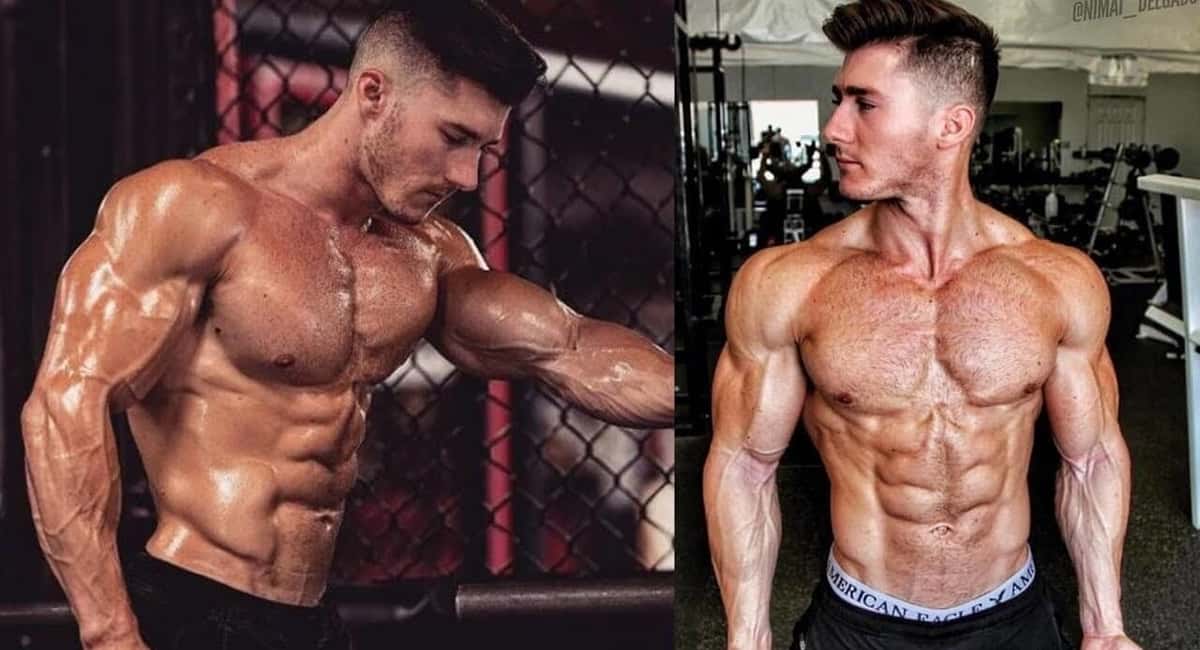Plants have been used for thousands of years to treat a variety of medical issues. One way this was done was through the use of essential oils. If you are struggling with hair issues, why not use something that has been trusted by multiple civilizations for centuries?
Essential oils for hair can boost growth, control oil, and treat dandruff. Find out what essential oils can do for your hair.
Table Of Contents
Dilute First
Before we get started talking about what essential oils you should use, we need to talk about safety first. These oils are highly concentrated.
You should never apply essential oils directly to your skin and hair at full strength. Instead, carefully dilute your essential oils into another carrier oil. You cannot use water; the essential oil will not dilute and get adequately carried.
Carrier Oils
The good news is that the carrier oils you will use to dilute your essential oils have their own beneficial effects on your hair. Choose one that addresses an issue your hair or scalp has.
- Coconut oil
- Black cumin seed oil
- Jojoba oil
- Evening primrose oil
- Rosehip oil
- Grapeseed oil
Once you have carefully mixed your essential oil with these oils, you are ready to start applying it to your hair.
Lavender
This essential oil is a favorite because it can aid in relaxation while also providing benefits for skin and hair. When it comes to your hair, studies have shown that it increases the number of hair follicles to create a thicker and more full head of hair.
Lemongrass
If you have scalp trouble, then consider using lemongrass. It has both antifungal and antiviral properties. One study showed that hair tonics that were diluted with 10% lemongrass were the most effective at inhibiting yeast that caused dandruff.
Rosemary
Rosemary is good for more than just cooking. It also works well for controlling your dandruff. It works to minimize your flakes and itchiness.
This essential oil has an overall positive effect on your scalp and hair health. It can help prevent split ends by controlling oil without drying out. It can also help revive dull hair and treat dried out hair.
One study even showed that rosemary helped fight balding. When used for at least six months, it stimulated hair follicles to start growing.
Juniper
If you have oily hair, then add some juniper oil to your hair treatment mixture. It has a lovely fruity smell that pairs well with cedarwood and lemon. The juniper will help control oil while also improving the strength of your strands.
As a bonus, juniper has antiseptic properties. This helps you fight a variety of scalp conditions that may be affecting you.
Then its astringent qualities help to prevent hair loss by toning your follicles.
Tea Tree
This essential oil is a staple in hair care products because it works so well at soothing irritated skin. Its antifungal properties improve scalp health. One study showed a 41% improvement in dandruff severity.
While soothing your scalp, it can also increase hair growth and slow the process of hair loss.
A bonus benefit: it can treat head lice.
Peppermint
We are all familiar with the refreshing aroma of mint. After all, it’s the most popular flavor of breath mints. What most people don’t know is that it can also have a beneficial effect on your hair.
One study showed that combining peppermint essential oil and jojoba oil at a strength of 3% can improve hair growth. Hair became thicker and longer. The hair follicles also deepened for stronger hair.
Cedarwood
This essential oil tends to be more popular with men thanks to its more masculine woody scent. This is good since it can help stimulate hair growth and combat thinning hair.
It will stimulate hair follicles and boost circulation to the scalp. It can also help combat dandruff.
Lemon
As a member of the citrus family, lemon essential oil can boost the circulation in your scalp. It can also work to cut the grease if you have overly oily hair.
One thing to keep in mind with this essential oil is the potential for phototoxicity. This is essentially giving yourself a chemical burn when the lemon oil interacts with the sunlight.
You can easily avoid this by not going out in the sun right after applying a lemon oil treatment. Wait twelve hours after application. If you use your essential oil at night before bed, then you should be fine.
Ylang Ylang
You may not be familiar with this essential oil, but it has a lovely floral scent, though some might find it too overpowering. If you find it to be too intense, then try mixing it with lavender and lemon.
If you have dry hair, this essential oil can help stimulate your scalp to produce more sebum to nourish your hair naturally. It can also stimulate hair growth to combat thinning hair.
Another way it can help is by relieving stress. Since stress can contribute to hair loss, this essential oil can kill two birds with one stone.
Start Using Essential Oils for Hair
If you want to naturally boost the health, look, and feel of hair and scalp, then essential oils for hair may be the answer. Don’t try to overwhelm your hair and scalp though, focus on some of the critical issues you face and select an essential oil to target them.
Remember, do not use essential oils at full strength. Dilute them in a carrier oil and apply that to your hair and scalp.
Check out our beauty and wellness section for more great posts with advice on how to look your best.


